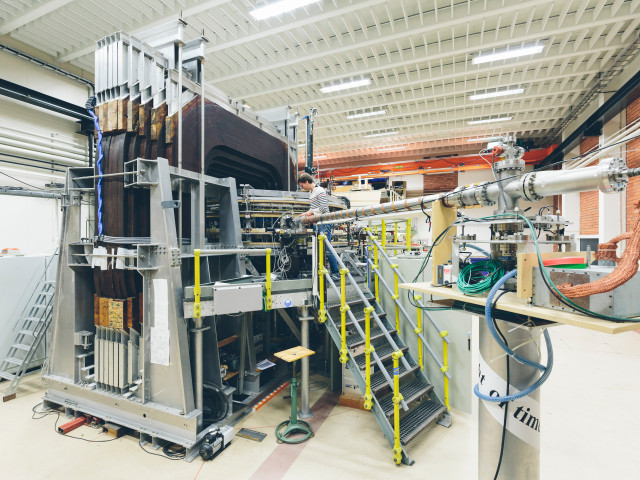Denna kurs kombinerar teori och praktiska experiment i ett forskningslabb i kvantfotonik: teori kommer att behandlas i föreläsningar och studenter kommer att utföra mätningar i labbet. Dessutom kommer artiklar att diskuteras. Vi börjar med historien bakom kvantmekanisk sammanflätning och avslutar med de senaste framstegen inom kvantfotonik, inklusive grunder och tillämpningar.
- Historisk bagrund till. kvantmekanisk sammanflätning
- Generation av icke-klassiskt ljus
- Sammanflätning i fasta tillståndet: begrepp och mätningar
- En-fotonsdetektion: grunder och tillämpningar
- Oskiljbara fotoner: byggstenar för kvantinformationsbehandling
- Kvantfotonik-applikationer: teleportation , litografi, kryptografi , kvantrepeterare
- Integrerade kvantkretsar: kvantoptik på ett chip
